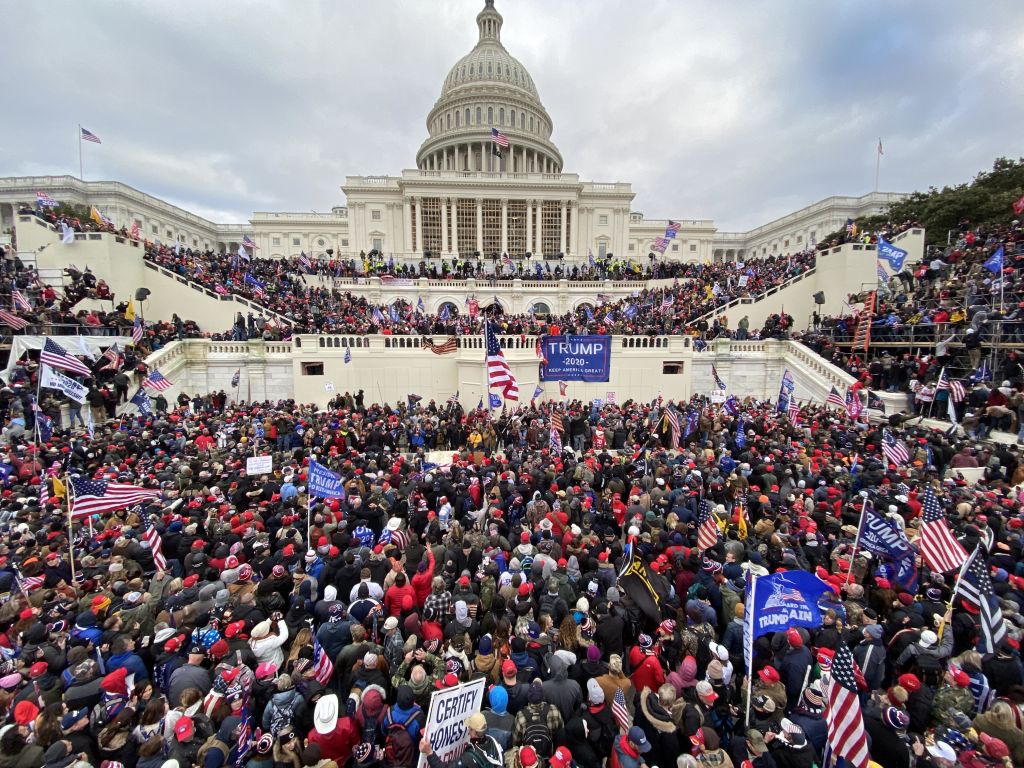The patriarch of the Russian Orthodox Church consecrated a prominent new church Sunday near the Eiffel Tower seen as a controversial symbol of President Vladimir Putin's influence in Europe.
Patriarch Kirill, a close ally of Putin, led the elaborate sanctifying ceremony in the Saint Trinity Church on the banks of the Seine River, the gold-domed centerpiece of a €100 million euro ($106 million) complex owned by the Russian government that will include a cultural center and school.
The hours-long ceremony included the consecration of the altar, a procession around the grounds and the placing of relics. Surrounded by the harmonies of an all-male choir and the rich smells of incense, members of France's large Russian community crowded into the invitation-only, high-security event in the imposing, block-shaped white church.
While it was primarily a religious event, it carried strong political overtones.
The staunchly conservative Kirill came to Paris' Left Bank as Europe faces a populist push against multicultural liberalism in favor of the kind of tougher, more traditional politics that Putin and the Russian Orthodox Church eschew. And his visit comes as some leading French and other European politicians argue for better relations with Russia after years of diplomatic tensions over Moscow's role in the conflicts in Syria and Ukraine.
Churchgoer Ekaterina Besse, a Russian living in Paris, welcomed the new church complex and expressed hope for a "thaw" in relations.
"We can see this is also a political gesture as much as a religious one," she said.
U.S. & World
News from around the country and around the globe
Putin championed the project for a new Russian church in Paris, which prompted criticism from rights groups when it was first approved in 2008, and new concerns as diplomatic relations soured in ensuing years. Putin played down suspicions that it would be used by Russian secret services to spy on sensitive government buildings and embassies in the surrounding neighborhood.
The Russian state-owned church on a prominent piece of Parisian real estate is also an awkward symbol for secular France, which adheres firmly to its division between church and state.
In Russia — until 25 years ago an officially atheist state — the role of the church has grown under Putin, notably in its lobbying for traditional family policies and against homosexuality. Putin, who once explained the annexation of the Crimean Peninsula from Ukraine by noting that the prince of the ancient Kievan Russian state was baptized there more than 1,000 years ago, has publicly supported conservative Christian groups, arguing that Western liberal values are alien to Russians.
Putin was meant to inaugurate the Paris church complex in October, but cancelled his trip amid French anger at Russia's bombing of civilians in the Syrian city of Aleppo.
Change may be in the air, however. Two top contenders for France's presidential election next year, conservative Francois Fillon and far right leader Marine Le Pen, are arguing for allying with Putin against Islamic extremists and an end to EU sanctions over Russia's actions in Ukraine.



